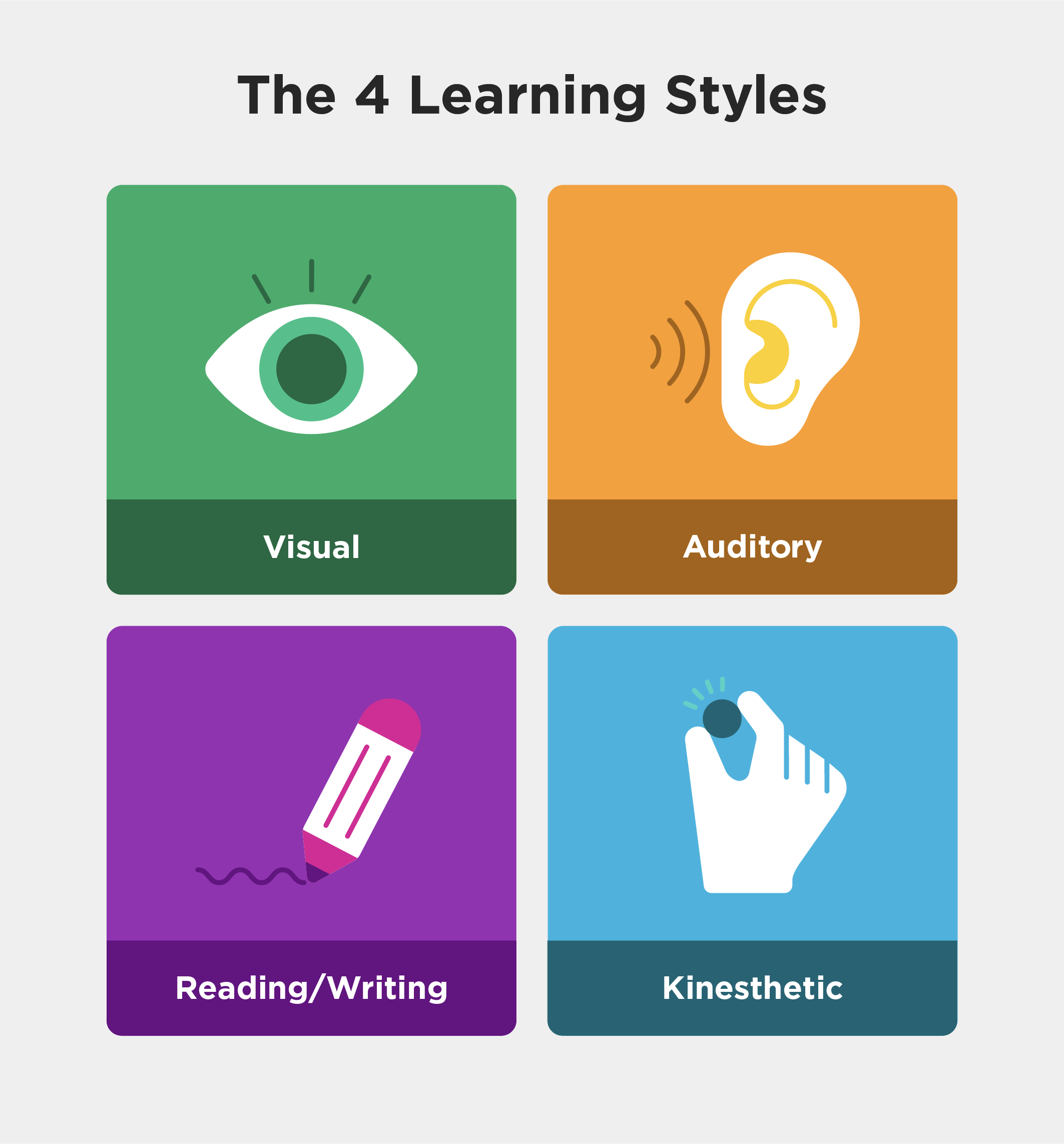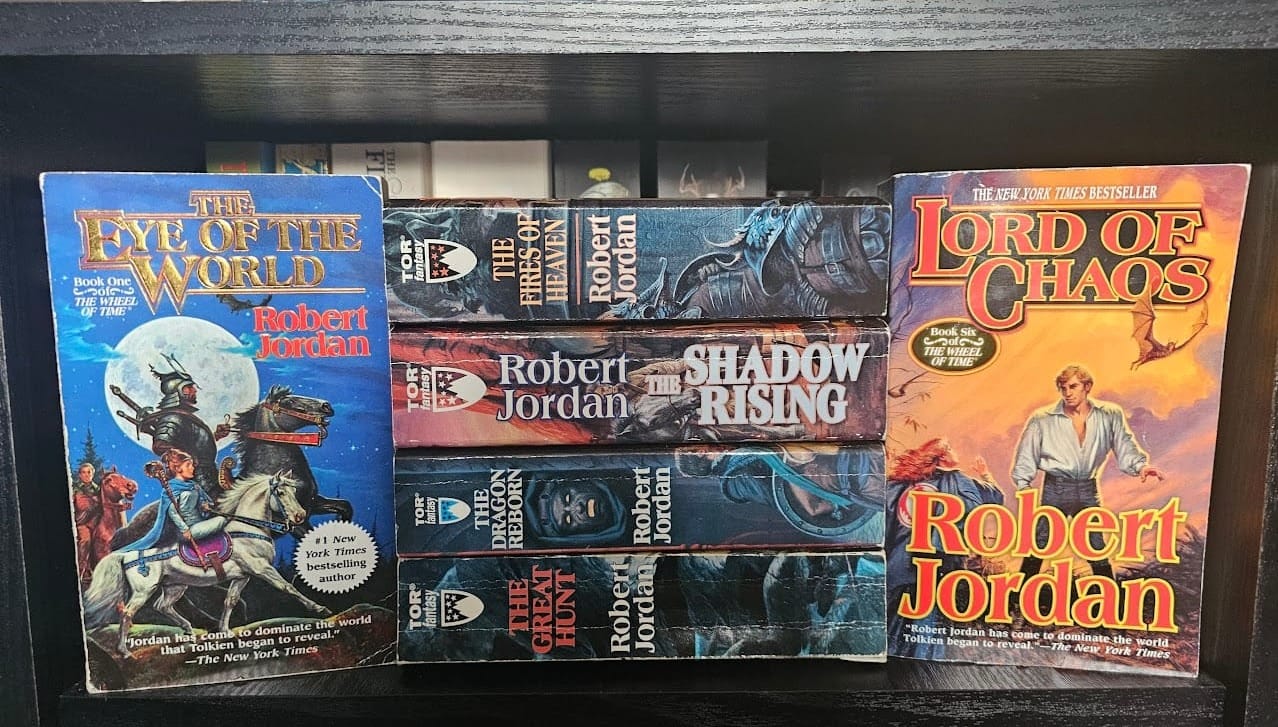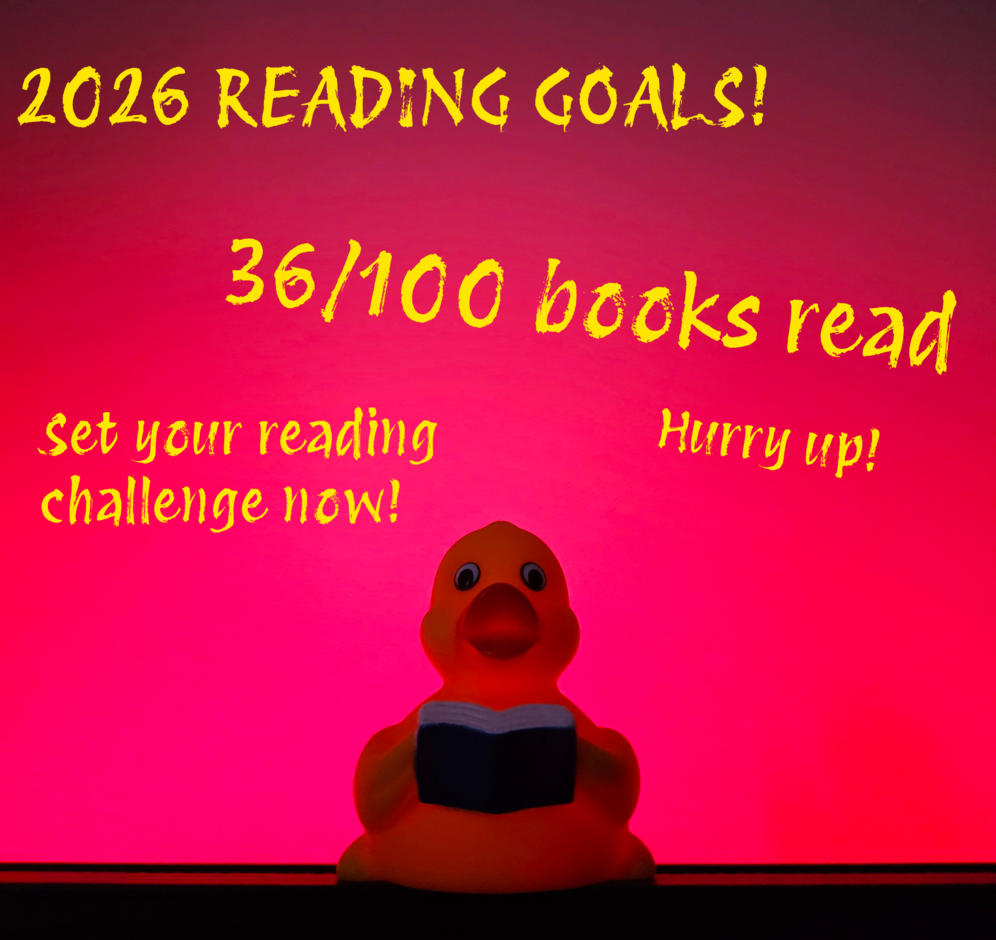Short answer: Yes
Long answer: Still yes!
Audiobooks have long been dismissed as 'not proper reading' or 'cheating' when this simply isn't true. That being said, the process of reading a book and listening to a book isn't exactly the same. This discussion can be broken down into two distinct sections:
- Change of Medium - How possible alterations in the change of media format can adjust your overall experience.
- Information Retention - Possible changes in your overall retention of a book with the chosen method of consumption.
Change of Medium
Allow me to transport you back to times long past. During these times, there were still books, but with a high illiteracy rate and lack of printing method, the default way in which stories were shared was through spoken word. The same story can be shared through both written and spoken formats. The content is the same, only the means of delivery and method of consumption are different.

By taking a written text and transforming it into a spoken text, is anything lost?
Short answer: No
Long answer: Actually, sometimes... kind of? But it works both ways.
- When you read a book with your own eyes, your mind is a blank canvas. You are free to consume the words and paint the pictures as they come.
- When you listen to a book, your mind is still a blank canvas, but with some of the colouring in already there.
I guess what I mean by this is that a character's voice is often a strong representation of personality. Sometimes, an author will be very clear with a character's accent in their written dialogue. Other times, it is left up to the reader's interpretation. This can be based on how the author has described the character, but also on the reader's personal experiences. For example, sometimes a certain character reminds me of someone I know so much that I can't help but read that character's speech with the voice I know. This can be endearing or devastating. It really depends...
Whatever the case may be, reading a written story is an excellent exercise in imagination, which offers a fully individual experience. Listening to one offers the same imaginative experience, but with some extra prompts.

These extra prompts can greatly affect your experience with a book. Over the years, I have become very picky with narrators, and for good reason. For me, having an average narration of a book doesn't add anything to the story but rather takes away from it. Having a predefined character voice removes that extra layer of creativity from the completely individual and immersive reading experience.
However, having an excellent narration of a book can add so much to the experience. Some of my favourite experiences with books have come from audiobooks, and mostly due to the narration itself.
My favourite narrator would have to be Steven Pacey, who most notably narrates 'The First Law' books by Joe Abercrombie. His versatile voice brings life to each character in such a distinct way and its nothing short of remarkable. Honestly, I couldn't imagine consuming Joe Abercrombie's books in any other way. The same goes for 'Let The Right One In' by John Ajvide Lindqvist, also narrated by Steven Pacey. However, these examples are biased, as I have never read these books in a written format.
An example of excellent narration, where I have previously read the book in written form, would be 'The Wheel of Time' by Robert Jordan. The audiobook narration I will be referring to is the one by Rosmund Pike. When first reading WoT, I had a lot of fun imagining this vast world and painting pictures so meticulously described. The same can be said for conjuring up the characters themselves. However, Rosmund Pike's narration blew me away. Every line is performed with such care and attention, adding so much depth and nuance to the series. Each and every character has now taken on a much more detailed form, thereby enhancing my enjoyment of the series. An outstanding narration is the cherry on top of an already stellar book.
To summarise, adapting a written book into an audiobook doesn't lose any of the existing content. You are still consuming the exact same story. However, it can make minor alterations in how the reader imagines the story, for better or for worse. Particularly in regards to a character's voice.
Side Note
Saying audiobooks are 'cheating' is something that really aggravates me within the book community. Using this word indicates that there's some sort of competition in place, which is just plain dumb. No one's competing, so no one can cheat. We're all simply here to immerse ourselves in a book, regardless of the chosen format.
It also feels very ableist to me. Not everyone is able to (or is comfortable with) reading written texts. Undermining these people by saying that 'they haven't actually read the book' or that they have 'cheated' is offensive and wrong.
Information Retention
In simple terms, books are information, whether fiction or nonfiction, passed from one person's mind to another.
So, do people really retain the same amount of information whether they read it, or listen to it?
Short answer: Yes!
Long answer: It's depends, but basically, yes.
The answer to this question heavily depends on the particular person involved. I remember in school, where we had to learn about all the different types of learners. There are visual, auditory, read/write, and kinaesthetic learners. The most efficient way of consuming information, and then retaining it, is therefore dependent on the individual and their preferred learning method.

However, listening to audiobooks is a skill that can be trained. When I began listening to audiobooks, I could only listen to books I had already read. This was due to the fact that I wouldn't be able to retain all the information and would zone out and miss whole sections of a book. Obviously, when listening to a completely new story, this is far from ideal. However, over time, I have gotten more and more used to consuming information in this way, thereby becoming much more of an auditory learner. Nowadays, I can consume any new audiobook and be confident that my retention rate will be equal to that of reading the book in a written format.
Now, there are naturally variables to this. You can't expect to whack on an audiobook and then go off to do whatever you please and expect to retain all the information. That just won't work. You also don't need to sit there and do absolutely nothing whilst listening to be sure you're getting every single word. Mindless activities with an audiobook are a perfect pairing.
What are the best ways to listen to an Audiobook to retain the information?
Personally, I love to go for a walk. This strikes the perfect balance in mental stimulation. Nothing too strenuous that you become distracted, but just enough stimulation that you don't become bored.

Another option (I less regularly opt for) is to play a mindless game, such as 'Dorfromantik', 'Vampire Survivors' or 'PowerWash Simulator'. These games require very little thought or action, but I find that simply doing something with my hands can help maintain my focus on a book for longer periods of time. This is a less optimal method, as sometimes I do find myself more absorbed in the game than the book, thereby becoming distracted. However, after this quick loss of momentary focus, a simple rewind will reengage me with the book. There have been times where I have been so engrossed using this method that I haven't realised how many hours have passed, all whilst retaining the content.

Another way of increasing the retention rate of listening to audiobooks is to alter the narration speed. It sounds counterintuitive, but most of the time, the default speed of x1 is too slow and feels unnatural to how people actually talk. I find that if I listen to an audiobook on x1 speed, my mind often starts to wander as the gaps between speech are just long enough to allow my thoughts to drift. By slightly increasing the speed, I can ensure that the information is being processed in the most natural and optimal way possible. It's about finding the sweet spot that works best for you. Personally, I find that anywhere between x1.2 and x1.6 works best. There are people who listen to audiobooks at a much higher speed, but if I were to do the same, certain nuances in the narrator's performance can be lost. This is, of course, depending on the individual.
Conclusion
Audiobooks absolutely count as reading. I will die on this hill! I believe that people who say otherwise simply find that audiobooks don't work for them, and that's fine! Either that, or they are trying to weirdly gatekeep reading with your physical eyeballs, which is less okay. Consume books in whatever way works best for you.
Happy Reading! - Ang










Comments